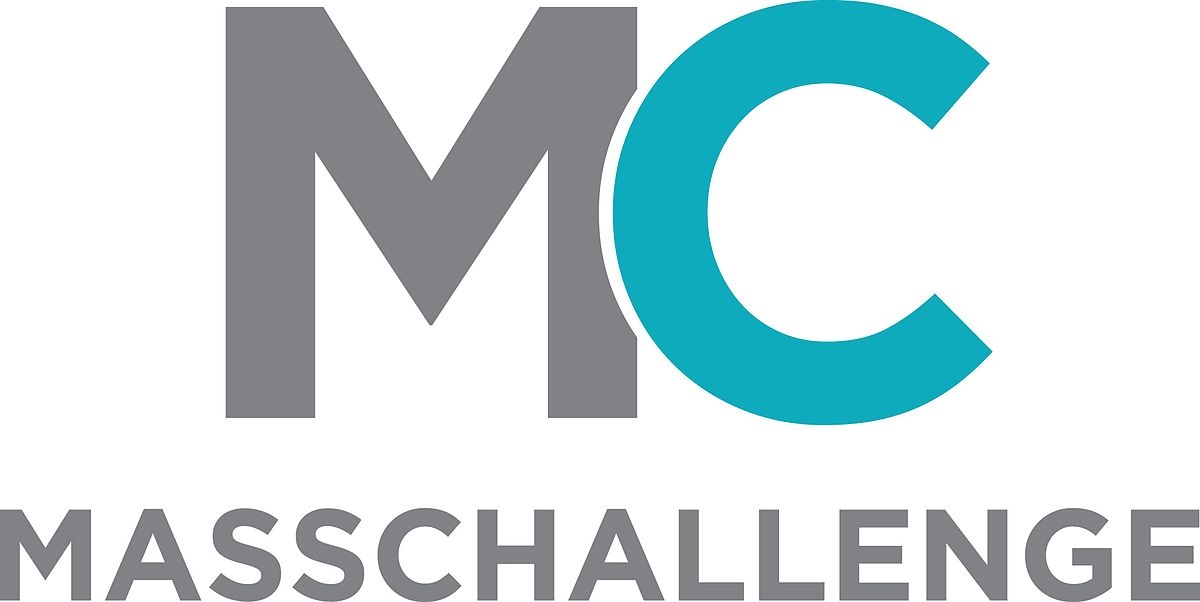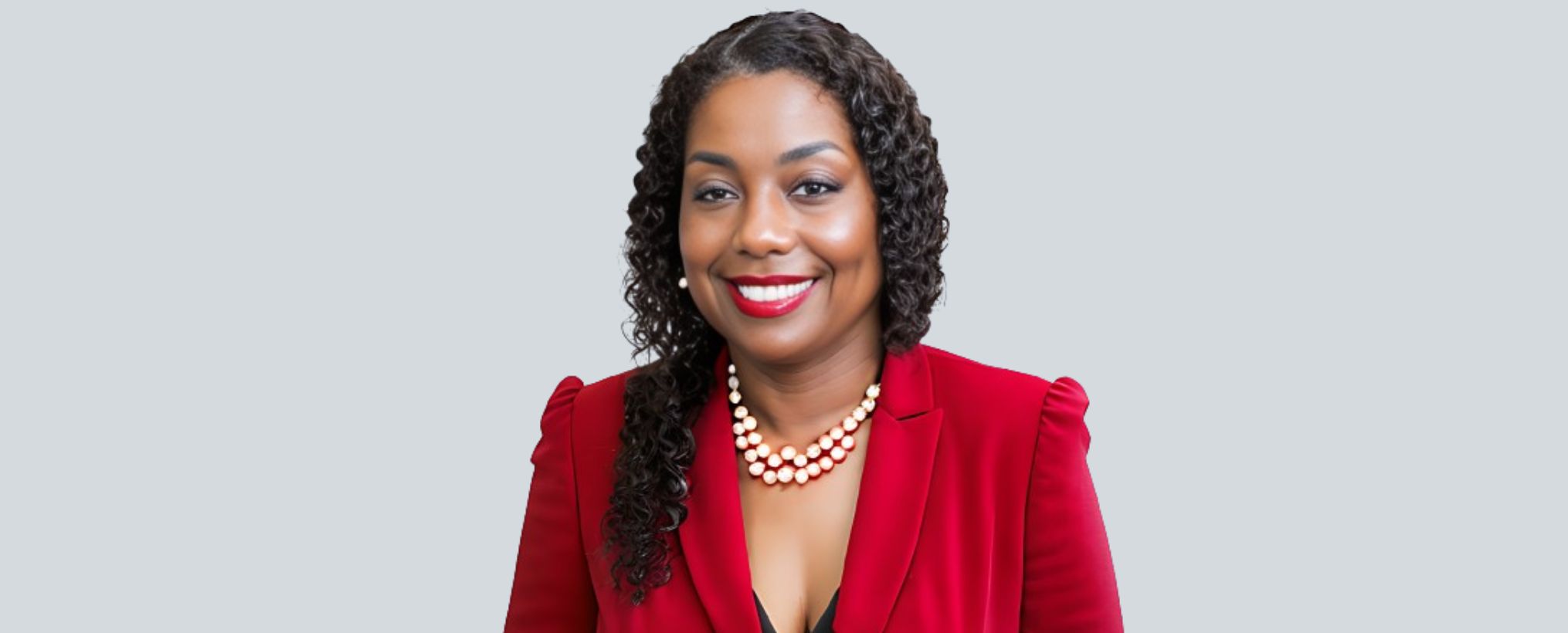What is Ujamaa.Financial?
Q: Can you introduce yourself and your startup?
A: I’m Dana Fry, the CEO and co-founder of Ujamaa.Financial. Our mission at Ujamaa.Financial is to assist black, brown, and first-generation college students in paying off their student debt more quickly. We focus on helping them build credit and financial literacy. Our approach includes engaging these students and rewarding their loyalty and success in achieving their financial goals through fractional assets.
Q: What inspired you to start this venture?
A: The inspiration for Ujamaa.Financial came from my personal family history. I come from a black family that did relatively well financially, which was quite rare at the time. My grandparents and parents inherited a decent amount, but my mother’s generation struggled to maintain and grow what they had. As a result, there wasn’t much left for my generation. I wanted to change this, to create a legacy for my children, including my special needs child. I started my journey in financial literacy to ensure we were better stewards of our finances.
Talking to friends, family, and community members, I realized this issue was widespread. Many people shared similar experiences, and those with children in their 20s found that these young adults couldn’t move forward in life due to financial burdens, often stemming from student debt. I saw an opportunity to help on a larger scale. The idea was to reach people early before they made decisions that could adversely affect their financial trajectory. This realization led to the creation of Ujamaa.Financial.
Why MassChallenge?
Q: How did you get involved with MassChallenge?
A: I first heard about MassChallenge, which has an excellent reputation, through a cohort member in the Founder Institute. I applied for it, knowing it’s based in both Boston and Dallas. Initially, I wasn’t fully aware of all their activities and had to research them. I discovered their global reach and potential for good networking opportunities.
I joined their early-stage founders’ cohort. My business, being a fintech focused on social impact, fits well with this group. MassChallenge offers a diverse environment, not just limited to technology or corporate entities, but also includes potential partnerships with government agencies and science partners, which is somewhat unique.
The Application Process of MassChallenge
Q: Can you describe the application process for MassChallenge?
A: The application process for MassChallenge was pretty standard in length and content, with the usual questions about the problem, solution, and why our team is uniquely equipped to address the issue. However, a distinctive aspect of their application is the focus on Environmental, Social, and Governance (ESG) goals. They’re interested in how startups contribute to making the world better, which is slightly different from other accelerators that primarily focus on financial returns and growth potential. There were two rounds of interviews after the online application, which involved creating a profile and filling out detailed forms.
Inside MassChallenge Program
Q: How was MassChallenge program?
A: The experience began with a kickoff in Dallas, where we received extensive information and programming. Many activities during the program were conducted in Boston, offering residency options in either Boston or Dallas. However, participation in these residencies wasn’t compulsory. Attending in-person events, especially those exclusive to certain locations, can enrich the experience significantly. Being based in California, it was a challenge for me to attend some of these events, particularly since there was no financial subsidy provided. While there’s no fee for the program, attending events like the Dallas kickoff did incur personal expenses.
One key observation was MassChallenge’s focus on facilitating partnerships in the science and technology sectors. Initially, I was uncertain about its effectiveness for my non-science-related venture. However, I was pleasantly surprised by the dedicated mentors. MassChallenge connected us with mentors not just within their network but also experts in our specific fields. These are connections I still maintain. Their inclusive and diverse approach was beneficial, even for a fintech startup like mine.
My experience with MassChallenge was primarily characterized by numerous Zoom meetings and a substantial amount of programming. This year, they were experimenting with a new concept LEANSTACK, which we were the first group to try. It involved some lean techniques, among other things. Essentially, the program operated on a distance learning model, relying heavily on virtual interactions and online methodologies.
Q: What kind of lectures and mentorship sessions were part of the MassChallenge program?
A: The MassChallenge program was quite structured, with group sessions scheduled every other week and additional sessions at least once or twice a week. Apart from these, there were various deliverables to be completed, mostly through distance learning and Zoom meetings. The program also featured outreach efforts from businesses interested in corporate partnerships, and there were benefits like AWS credits and discounted services from legal and other companies, covering many aspects needed to set up a business.
However, the most effective networking opportunities were available in Boston. Although much of the program was remote, the in-person interactions in Boston were particularly valuable. Currently, I’m considering re-engaging with MassChallenge. They have an alumni network, and as a graduate, you remain part of their community. This network allows for continued participation in programs and events, providing ongoing opportunities for growth, competing for funding, and connection.
Q: Did MassChallenge provide funding to participants?
A: No, MassChallenge does not provide funding upon admission. This is one aspect I wish were different. However, there is an opportunity to compete for funding at the end of the program. An important distinction with MassChallenge’s funding, if received, is that it’s non-dilutive. Unlike some accelerators like TechStars, or Y-Combinator which take equity, MassChallenge’s funding doesn’t require giving up any equity in your company. While this is a positive aspect, it’s crucial to note that receiving funding is not guaranteed. In my case, I didn’t receive funding through the program.
Key Benefits of MassChallenge
Q: What were the key benefits of the MassChallenge program for you?
A: The most significant benefit of MassChallenge for me was the connections and mentorship opportunities I gained. One of my business objectives was to launch a student ambassador program to spread awareness on campuses and ensure product-market fit. Through MassChallenge, I connected with Fellows at Boston University’s Innovate@BU entrepreneur-in-residence program, leading to valuable interactions with students and staff. This has helped in organizing one of our kickoff events.
Additionally, I met potential banking partners, which was immensely valuable. While I didn’t receive direct financial support in the form of a check, these connections could yield long-term benefits. Currently, I’m in the application process with MassChallenge, but this time for their fintech-specific program, which is more advanced than the early-stage cohort I participated in and focuses on matching with potential channel partners. This could be more advantageous than a one-time equity-based payment. As a startup, while funding is essential, the connections and network expansion that MassChallenge facilitated have been equally crucial for my business’s growth.
Comparing MassChallenge to Other Accelerators
Q: How does MassChallenge compare to other accelerators you’ve been a part of?
A: MassChallenge stands out for its supportive nature. Despite encountering some bugs due to the introduction of new programming this year, they were very responsive and adaptable, ensuring we gained what we needed from the program. Their approach to being responsive and making adjustments was impressive.
In comparison, the Black Ambition Prize, another accelerator I participated in, had a different focus. It emphasized recognizing and celebrating cultural aspects, creating a supportive unique familial vibe. The Founder Institute, on the other hand, had a more survival-of-the-fittest approach. It started with a mentality of ‘look to your left, look to your right, not everyone will make it to the end.’ As the program progressed, our cohort size reduced significantly, reflecting the challenging nature of sustaining a startup.
MassChallenge, however, seemed to prioritize bringing the entire group along, regularly checking in and ensuring that everyone’s needs were met. This inclusive and nurturing approach made them stand out from other accelerators I’ve experienced.
Q: How would you rate MassChallenge compared to other accelerators?
A: MassChallenge is definitely on par with other accelerators, but it’s like comparing apples and oranges due to their different focuses. Each accelerator has its unique approach. The Founder Institute, for example, seems to test whether smart individuals with ideas can develop these into something tangible and sustainable. It’s about using intelligence to create and sustain a startup.
Black Ambition Prize, on the other hand, acknowledges the intelligence and good ideas of participants, focusing on those who are underserved. It aims to empower them with connections and growth opportunities, both professionally and personally.
MassChallenge has a more social focus, with an interest in how startups contribute to sustainable goals. They provide comprehensive support, covering legal, educational, and social aspects, and offer an extensive network for mentorship. A distinguishing feature of MassChallenge is its mentorship program, where participants are given a list of potential mentors with detailed backgrounds, allowing them to choose mentors that best align with their needs. This proactive approach to connecting mentors and mentees is a standout aspect of MassChallenge, differentiating it from other accelerators where introductions may happen more serendipitously.
Future Milestones and MassChallenge’s Impact
Q: What are your next milestones, and has MassChallenge equipped you for these?
A: MassChallenge has certainly played a significant role in preparing me for my future milestones. My positive experience with them is evident in my willingness to participate in the program again. This decision alone speaks volumes about the value I’ve derived from MassChallenge. Currently, I’m in the advanced stages of the application process for another round with them. This time, I aim to be physically present to maximize the benefits of the program. Being there in person, I believe, would allow me to gain the full range of advantages that MassChallenge offers. So, yes, I do think MassChallenge has been instrumental in preparing me for my upcoming goals and milestones.
Growth Trajectory Post-MassChallenge Program
Q: How has your growth trajectory changed since completing the MassChallenge program?
A: Since completing the MassChallenge program, there has been some change in my growth trajectory, particularly in terms of connections and network expansion. Given that it was an early-stage program, some of the content was already familiar to me, as I had worked through similar aspects previously. The most significant benefit I derived at this stage was the development of valuable connections.
Looking forward to the next round, if I am chosen for the fintech cohort, I anticipate a greater learning curve and more tailored content relevant to my specific field. This will likely lead to more focused networking opportunities and a shift towards more practical, business-oriented work. The upcoming program seems promising in terms of offering more specific insights and connections that align closely with what I’m working on in the fintech space.
Advice for Aspiring MassChallenge and Accelerator Applicants
Q: What advice would you give to someone applying to MassChallenge or any other accelerator?
A: My primary advice is to just go for it. When you join an accelerator like MassChallenge, much of the experience depends on what you make of it. Some participants immerse themselves fully, attending every possible session to maximize their learning, while others meet the minimum requirements. The motivation in MassChallenge is structured around achieving certain milestones to graduate and become eligible to compete for funding. However, there’s more to be gained from the program than just the potential financial reward.
You should enter these programs understanding that funding is not guaranteed. In my case, I was selected to pitch but didn’t receive funding. Despite that, I don’t view the experience as a waste of time. I gained immensely in other ways, particularly through programming and networking.
The key is to extract as much value as possible, knowing that the monetary aspect isn’t assured. Focus on the learning opportunities, the connections you can make, and the growth you can achieve. That’s the real value of such programs.

